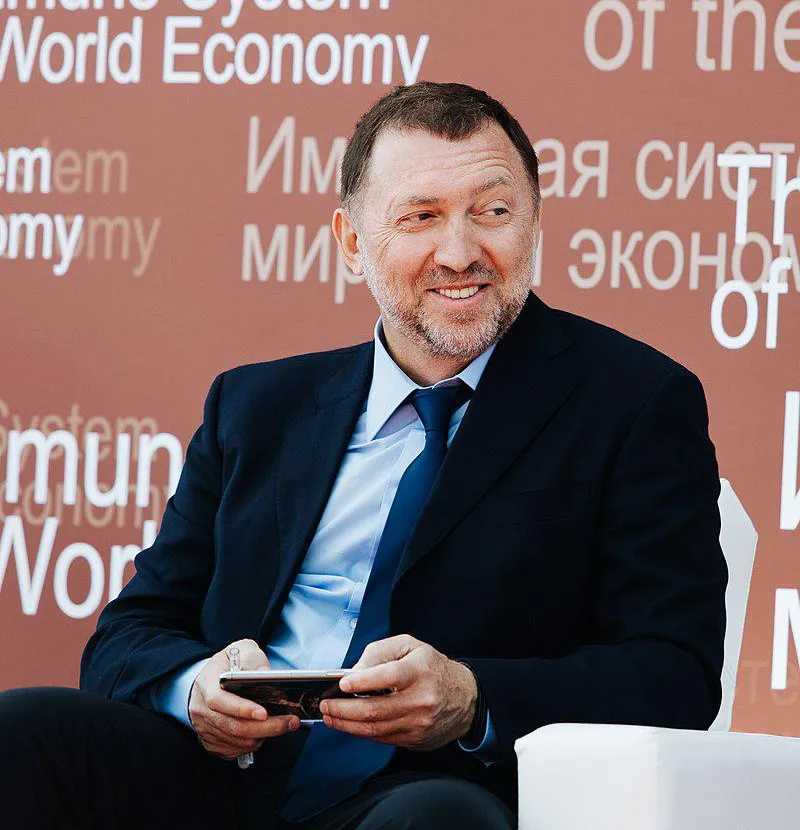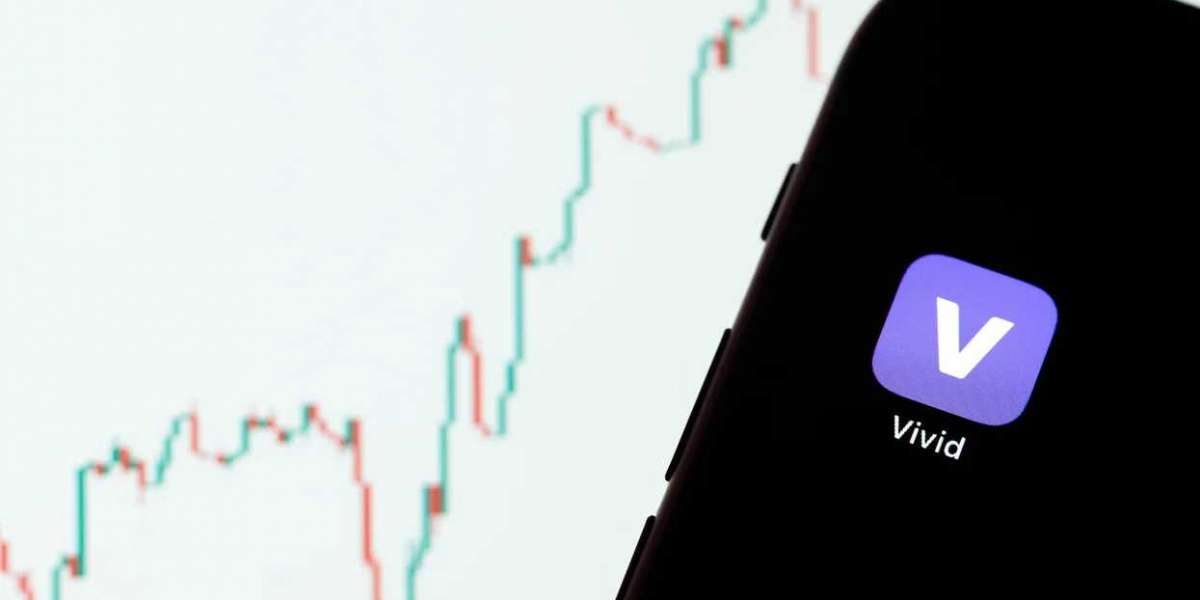Bitcoin Boom in Moscow
The U.S. authorities recently demonstrated during the arrest of the couple suspected of laundering the Bitfinex hack that they were gaining momentum in tracking the flow of these new assets. The U.S. Treasury noted in a statement Tuesday that oligarchs under sanctions have used family members to transfer their assets and hide their vast wealth.
The 23 certified Russian billionaires still hold assets estimated at $343 billion.
Earlier this month, the Russian government estimated that its citizens held $214 billion worth of crypto, or around 12% of the global total. Among these holders are the mighty fortunes of Russian oligarchs. Their diversified wealth (stocks, real estate) has decreased by $32 billion this year according to the billionaires indices compiled by Bloomberg.
Although cryptocurrencies has fallen by 8.5%, it has held up much better than the Moscow Stock Exchange, which has dropped by 23% in 2022. The 23 certified Russian billionaires still hold assets estimated at $343 billion. However, when placed abroad, this money is in the crosshairs of the American authorities.

Oleg Deripaska, founder of Basic Element, one of Russia's largest industrial groups.
New Monetary Order
Just take Oleg Deripaska, the founder of Basic Element, one of Russia's largest industrial groups. Deripaska has been targeted for two years by U.S. sanctions, and last October, he called on the Bank of Russia to embrace cryptocurrencies. Disgruntled, he reacted on the Telegram messaging platform while the Federal Bureau of Investigation conducted raids on his properties in New York and Washington.
Deripaska hoped the global success of cryptos could divert investors from the dollar. He even imagined it would lead the United States to default for a lack of buyers for its debt, resulting in a crash of American currency. On a political level, this would significantly hinder the U.S.’s ability to impose sanctions, which hinges on the dollar being the world’s reserve currency.
Iran and North Korea have both used cryptocurrencies to circumvent Western sanctions; a United Nations report even found that North Korea is funding its nuclear program with cryptocurrency stolen with ransomware.
Already, the Russian government is creating its own central bank electronic currency, a digital ruble, to trade directly with other countries without converting to dollars (China, Russia’s largest trading partner, has also developed its own central bank digital currency.)
A Crypto Culture
But Russia has only partially met the expectations of its oligarchs. It has not allowed cryptos as a means of payment, according to a bill from the Minister of Finance that was presented earlier this week. Individuals will be able to invest a maximum of $7,700 a year in bitcoin if they pass a test to assess their knowledge of this cryptocurrency. If they fail, they will be able to invest only $650 in the world market leader.
This restrictive approach, which displeases the Russian crypto sector, is likely to be sidestepped, and not just by oligarchs. A broader spectrum of the Russian population is getting interested in these digital assets.
In 2021, the country was ranked 18th out of 154 for its level of cryptocurrency adoption, with individual users, companies and transaction platforms. And in 2020, Russians earned $600 million from their investments in bitcoin, as much as the French, but far behind the Americans ($4.1 billion), according to the annual ranking of Chainalysis.



